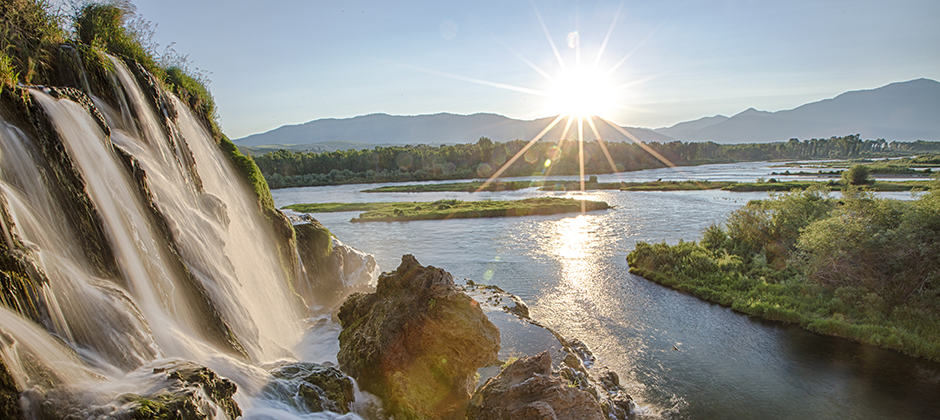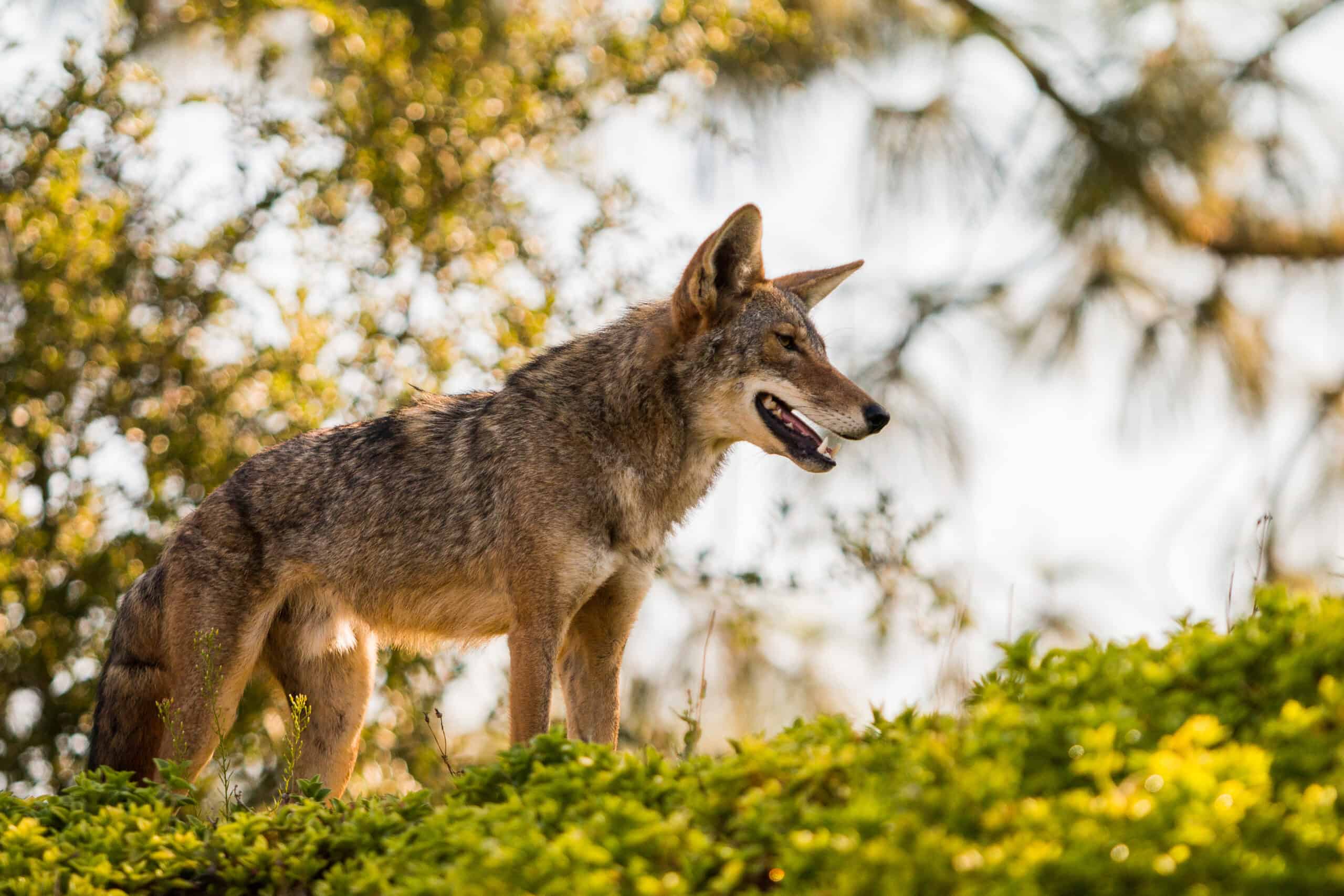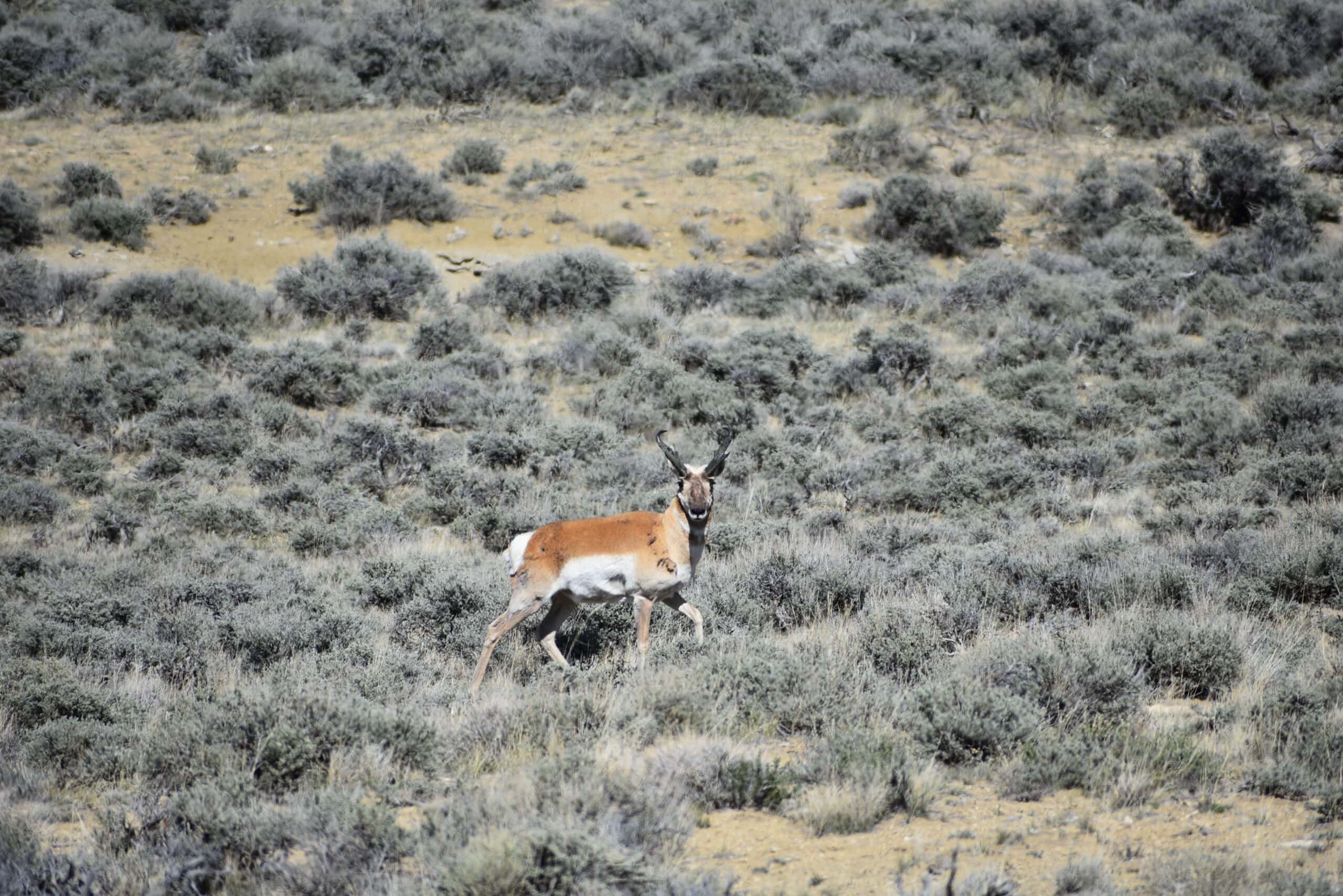Share this article
New changes announced for TWS certification program
The Wildlife Society’s Wildlife Biologist Certification Program — established in 1977 — is regularly evaluated to ensure the requirements reflect a level of training and experience necessary for professional stewardship of wildlife. TWS Council has recently approved several updates. Some will be implemented by the Certification Review Board (CRB) immediately. Two updates will go into effect as of January 1, 2023.
Changes with immediate effect, include:
- Applicants must have, at minimum, completed a course of study in a college or university leading to a bachelor of science, bachelor of arts, or equivalent. This degree no longer needs to have been completed in a wildlife-related field. Focus will remain on the educational requirements for certification, not the degree title.
- The CRB will now accept unofficial transcripts as long as there is documentation of degree conferral. Evidence of conferral of degree(s) should be either the graduation date(s) imprinted on the transcript(s), a copy of the diploma or, when necessary, an official letter from the academic institution confirming completion of degree requirements.
- Associate Wildlife Biologist® applicants are encouraged, but are no longer required, to include at least one professional reference that is a current Certified Wildlife Biologist®.
- The Wildlife Management and Wildlife Biology categories will now be combined into one category with a required minimum of 12 semester hours. At least one course (≥3 semester hours) must emphasize the principles and practices of wildlife management. One course (≥3 semester hours) must focus solely on the science of mammalogy, ornithology or herpetology. Up to three semester hours of invertebrate biology courses can be counted as long as there is specific focus on natural resource management applications.
- In the Botany category, any combination of silvics, silviculture or dendrology may be accepted. Partial course credit may be allowed for silviculture if content related to dendrology and/or silvics is included.
- Also in the Botany category, experience or non-traditional coursework may now be used to meet the requirement of at least two semester hours primarily concerned with plant taxonomy or identification.
- In the Quantitative Sciences category, Geographical Information Systems (GIS) courses may now be accepted if they incorporate analytical components through data collection, analysis and interpretation.
- In the Communications category, the CRB may now accept non-communication courses designated by the college or university as communication-intensive (e.g., writing-intensive courses) as long as applicants provide official documentation.
Any applications submitted on or after Jan. 1, 2023 will be evaluated using updated certification requirements, including:
- The minimum grade accepted for all courses will be raised from D to C- (or the numerical equivalent). All courses must be taken for credit. The Board will also accept courses graded as “pass” in the case of pass-fail or “satisfactory” for courses taken with a satisfactory/unsatisfactory grading option.
- Applicants will only be able to substitute up to 9 semester hours total across an application. In a single category, applicants may substitute up to three semester hours and must have at least one college or university course in each educational category.
Each of these changes are reflected in the newest versions of the Associate and Certified Wildlife Biologist® applications and Certification Program Manual. Downloadable PDF forms can be found on the Certification Programs page under the Learn tab.
If you have any questions about these programs or your current certification status please contact Jamila Blake, Professional Development Manager, at certification@wildlife.org.
Learn more about TWS’ Professional Development and Certification Programs.
Header Image: The South Fork of the Snake River in southeastern Idaho. Credit: Bureau of Land Management








